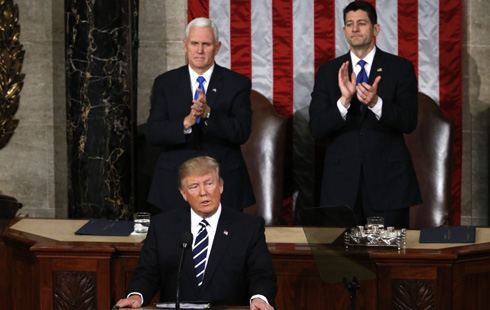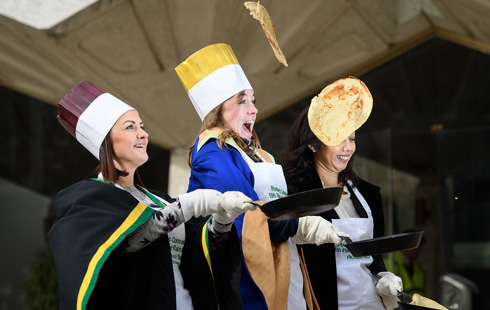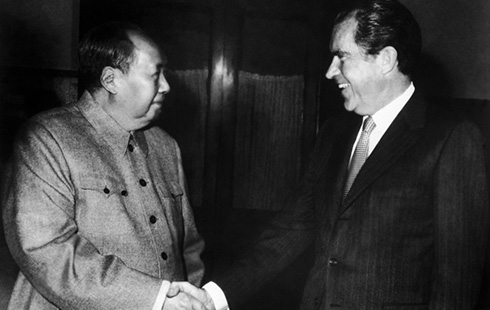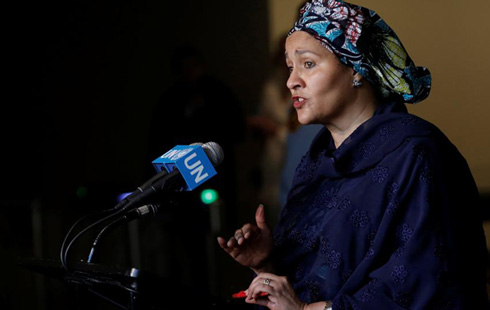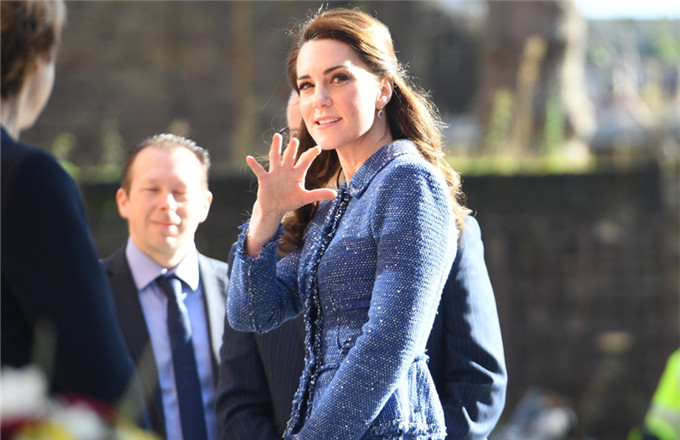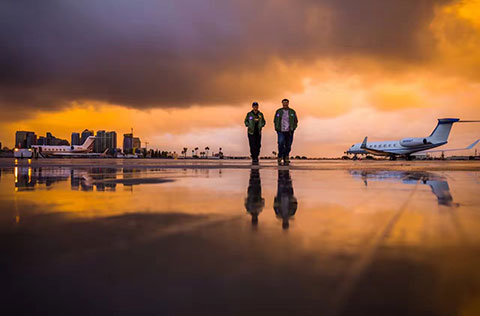Confucius Institute opens Colorado State Uni branch
ORT COLLINS, Colorado, the United States - The Confucius Institute officially opened its 92nd American center at Colorado State University (CSU) Friday night with a big celebration.
The day's events included an inauguration dinner at the Fort Collins Country Club where more than 250 local luminaries, including former state governor Bill Ritter, bestowed compliments and gifts on three separate Chinese delegations.
The most notable Chinese guest on hand was Xu Lin, chief executive of the Confucius Institute headquarters.
"The bond formed here is critical to future generations," said Anthony A. Frank, the 14th president in CSU's 143-year history. "This event underscores how strongly our commonalities outweigh our differences."
CSU Chancellor Michael Martin, who oversees CSU's 27,500-student system, added, "there is nothing more important on this plant at this time...it is a genuine honor for all of us in the educational world to welcome you."
Compliments were flowing more freely than the Chardonnay, as a formal dinner concluded events that included a dragon dance and a number of electrifying musical performances held on CSU's bucolic campus on the foothills of Colorado's pristine Rocky Mountains.
"We should learn from Colorado," keynote speaker Xu began. "Our people look at the environment here and see similarities with China," she said, citing CSU's programs on environmental, water and sustainability issues.
"We think your today is our tomorrow," she said, underscoring China' s commitment to environmental awareness and accountability.
"What will make our center special is our emphasis on water and sustainability," said the evening' s host James A. Cooney, CSU' s Vice Provost of International Affairs.
Cooney noted that the center, situated in a highly visible location in the center of campus will "focus on language instruction and spreading Chinese culture." It is housed in a beautifully renovated, historic home on College Avenue.
Xu was visibly impressed by CSU's hospitality efforts, and as the evening ended she pledged "three-to-five scholarships" for U.S. students to study in China, support for the Institute's operating budget and "more teachers from China."
CSU, landing the first Confucius Institute in Colorado, aspires to be a national educational leader with its focus and outreach into China. The university, located in northeastern Colorado, enjoys a close relationship with Hunan University in Changsha.
According to Cooney, last October CSU had 11 separate delegations visiting China at the same time, and 200 faculty member who had applied for travel visas.
The emphasis has seen results. Professors from Hunan visit Fort Collins frequently and undergraduate students from China have jumped from 8 to 200 in just three years.
The Chinese delegation from 30,000-student Hunan University was headed by vice-president Shou Chen who said the Institute will strengthen "educational, cultural and economic cooperation."
A third Chinese delegation was headed by Chen Weijia, the Chinese Consul for Education in Chicago, who has overseen the opening of 18 Confucius Institute centers in a nine-state region.
A principal, driving force behind CSU's success in bilateral exchange has been recent corporate support from Coca-Cola and Hewlett Packard, said CSU' s vice-president of operations Amy L. Parsons.
Parsons has secured 1.25 million U.S. dollars in scholarship funding through grants that will allow students from five Chinese universities to study at CSU.
CSU's Confucius Institute took two years to become a reality, and the effort's principal architect was Professor Wei Gao, director of the institute, whose tireless efforts deepened the connections between Fort Collins and Changsha.
"Today is a dream come true," Gao said, who was honored repeatedly throughout the evening for his efforts.
Xu captivated the audience with her closing remarks, noting the "magical" coincidence that CSU and the Confucius Institute share the exact same two green and gold colors.
The first Confucius Institute on American soil was established at the University of Maryland in 2004.




